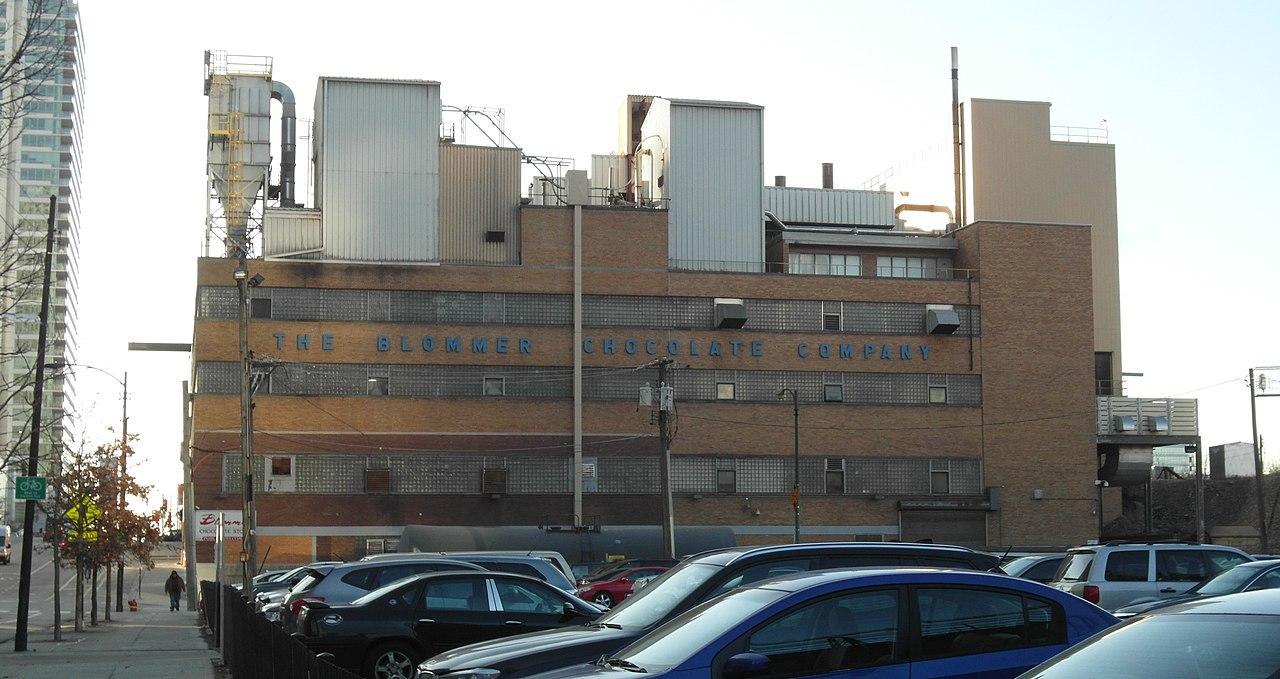Major layoffs are being reported in Illinois after several factories have been forced to close in recent months.
Already this year, four factories have closed, resulting in the loss of over 1,000 jobs due to varying reasons, including relocation plans and revenue losses.
Illinois Experience Hefty Loss of Manufacturing Jobs

During the 1990s, nearly 930,000 people in the state of Illinois worked manufacturing jobs, according to data from the U.S. Bureau of Labor Statistics, per Newsweek.
However, as of 2024, this number had dropped significantly to around 580,000 and has continued to shrink this year.
Four Major Factories Close in Illinois

Since the beginning of the new year, four factories have already been forced to close, and over 1,000 emplyees have been offered redundancies.
Companies including Quaker Oats, Monterey Mushrooms, Rivian, and Blommer Chocolate have all announced layoffs after experiencing increased manufacturing costs and decreased revenue, amongst other problems.
Quaker Oats Announces Major Layoffs

Quaker Oats announced the closure of its facility in Danville at the beginning of April, which, according to Newsweek, will result in over 500 redundancies.
When asked for the reasoning behind the closure, the company admitted their facility required modernization. However, instead of renovating the building, they decided to move production elsewhere.
Quaker Oats Issues Statement on Closure

Speaking on the situation, a representative of Quaker Oats said, “We do not make this decision lightly and recognize the impact it will have on our employees, their families, and the Danville community.”
“We have notified our workforce and are working closely with our employees and local community officials to provide a supportive transition.”
Blommer Chocolate Company Announces Closure

The Blommer Chocolate Company also revealed they will be closing their factory in Chicago’s Fulton River District.
Unfortunately, the closure will result in the loss of 226 jobs by May 31.
Reasons Behind Bloomer’s Decision to Close

The decision to close the factory appears to contrast with the reasoning behind Quaker Oats’ decision to move production elsewhere.
A statement read, “The location and age of the Chicago facility, coupled with increasing repair and maintenance of the building and equipment, have elevated operating costs and created production reliability issues.”
Vice President of Bloomer Speaks on Closure of Illinois Factory

Senior Vice President of Blommer Chocolate, Robert Karr, shared a statement claiming the company had tried to prolong production for as long as they could.
He continued, “They’ve taken the news as we have, very hard, in the sense that we’ve all been so committed. And while we don’t want this day to come, it’s a sad day, but it’s also a part of the future.”
Monterey Mushrooms Closes Farm Factory in January

Back in January, Monterey Mushrooms followed through on an announcement made the previous year: to close a factory farm in the state’s Bureau County.
The farm’s closure led to the company laying off over 100 employees.
Several Reasons Behind the Closure of Illinois’ Monterey Mushrooms Factory Farm

When speaking of the closure, Monterey Mushrooms listed several problems behind their decision to close up shop.
A company spokesperson said, “A global pandemic, weather impacts, inflation, and changes in market behavior” are to be blamed for the closure.
EV Car Manufacturer Announces Closure of Factory

After a few particularly tough financial years, electric vehicle manufacturer Rivian announced it would be issuing over 100 redundancies to workers at its Illinois assembly plant.
This comes after the company reported a staggering loss of over $1.5 billion in last year’s fourth quarter.
Illinois Closures Centered on Financial Struggles

While some of the closures were focused on redirecting the company’s focus elsewhere, others have ultimately been forced to close their factory in Illinois due to financial troubles.
Regarding Rivian’s troubles, Chief Executive R. J. Scaringe wrote to his staff, ” Our business is facing a challenging macroeconomic environment—including historically high interest rates and geopolitical uncertainty—and we need to make purposeful changes now to ensure our promising future.”
